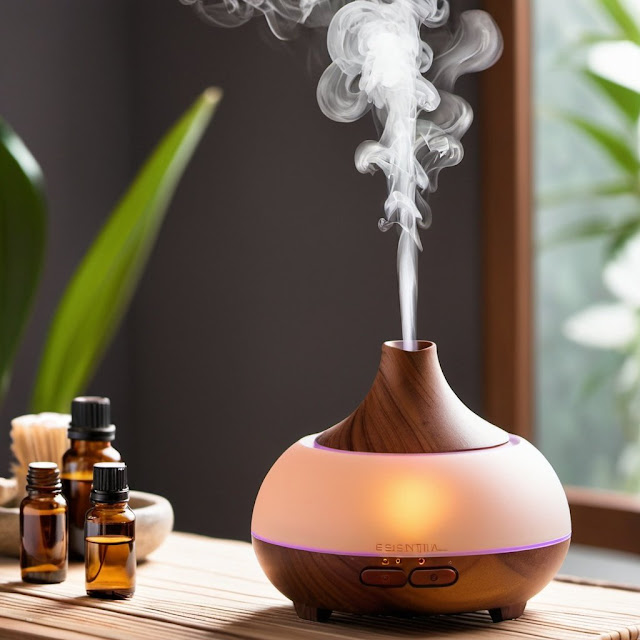1. Books: you'll want to read at least two to three books!
Start an aromatherapy library with a few general resources to discover your interests.
2. Find a couple of Aromatherapy Chat Forums
Joining social media groups, forums, and pages can help aromatherapy beginners find resources. They can learn from past discussions, ask questions, and avoid common mistakes.
3. Choose ONLY Five to Ten Essential Oils to Start
It might be tempting to purchase every essential oil, but starting with five to ten oils first is advisable. Essential oils can be expensive, so it's better to begin with a few oils and, gradually invest in more and build your collection if you enjoy using them.
4. Buy 100% Pure, Unadulterated Therapeutic Grade Essential Oils
When purchasing essential oils, choosing a reputable manufacturer is a good idea, as synthetic, fragrance, and perfume oils may smell nice but often contain artificial chemicals that provide little to no aromatherapeutic benefits.
5. Buy at Least One Carrier Oil
When using essential oils for topical application, diluting them with a carrier oil is necessary. The most suitable carrier oils for all-purpose use are sweet almond, sunflower, and grapeseed. Using cosmetic-grade carrier oils can provide the best protection against acne and clogged pores, and you only need a few drops of essential oil(s) per ounce of your chosen carrier oil is sufficient.
6. Store Oils Safely and Properly
It is crucial to store essential oils in dark glass containers in a relaxed environment and keep the lids tightly closed. Purchasing smaller quantities of carrier oils is recommended to minimize waste since they will eventually spoil.
7. Learn To Do a Patch Test
If you have allergies or sensitivities, essential oils may cause reactions over time. It's a good idea to do a patch test to see if you have a response to a specific essential oil. It would help if you learned how to perform a patch test to check your skin's sensitivity to each new oil you plan to use.
8. Don't Use Aromatherapy on Kids or Animals
Unless you are certified in essential oils and unaware of their safety concerns, it is best not to use them on kids, pets, or if you are pregnant or breastfeeding. Essential oils can harm cats, so keep them out of reach. Keeping critical oils away from children and pets is necessary to ensure their safety.
9. Don't Ingest Essential Oils
It is important to exercise caution when considering taking essential oils internally. It is advisable to avoid doing so until you are better informed and, even then, under the supervision of a holistic practitioner. While some essential oils are safe for use on the skin, they may be toxic if ingested. In addition, certain essential oils might interact with prescription or over-the-counter medications.
Confidence Grows
Your confidence in their use will increase as you explore aromatherapy and experiment with essential oils. Be sure to have fun, but always prioritize safety!

Comments
Post a Comment